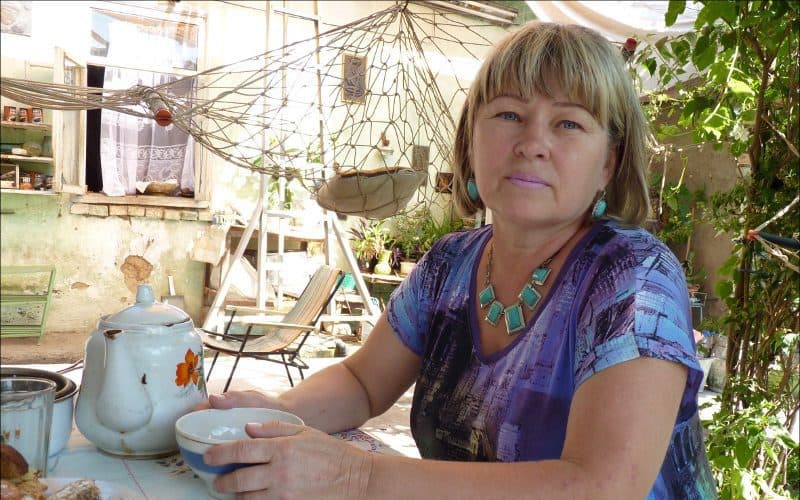On July 10, an Uzbek human rights activist Tatyana Dovlatova was blocked for more than three hours by law enforcement officers of the third branch in Yakkasaray district of Tashkent. All this time, officers talked to her and tried to intimidate her with the consequences of publications on social networks.
“In their opinion, a person in uniform cannot be photographed. They are probably afraid that the situation with Floyd will happen again, when a guy in the USA died after being detained by police. The conversation was stupid and it became clear that they were just blocking me under a far-fetched pretext,” the activist told the ACCA journalist.
Today, the human rights activist didn’t get to the trial, where one of the parties were persons with disabilities. A certain metropolitan company takes away the land from the family of deaf-mute Tatyana Zhilkina for construction. The case is resonant. The Office of the UN High Commissioner for Human Rights is interested in it.
The leader of the women’s initiative group was also supposed to come to a meeting in the Main Directorate for the Execution of Sentences of the Ministry of Internal Affairs. T. Dovlatova and her associates have repeatedly held pickets in defense of the rights of prisoners and were going to receive answers from the department on specific cases of violation of the law in the country’s penitentiary institutions.
Earlier, ACCA wrote about the persecution of Tatyana Dovlatova, who systematically faces threats, insults and slander against her, including from her neighbors. She doesn’t intend to leave the provocation without consequences. Her application to the police department was ignored and now she is awaiting a response from the Ministry of Internal Affairs, the Ombudsman, the State Security Service and the General Prosecutor’s office.
In recent years, the persecution of human rights defenders hasn’t decreased, despite statements by the authorities about cardinal changes in the country. This is evidenced by the attack on volunteers of the Human Rights Alliance. The authorities of Namangan region forcibly interrupted the monitoring of the use of child labor on cotton plantations. On June 7, law enforcement officers detained a group of activists in Papsky district with beating. Then the human rights activists were taken to the local sanitary and epidemiological service, where they were forced to take tests for Covid-19. After mockery, human rights activists were taken home and forbidden to leave their place of residence for 14 days as if they had already been infected with coronavirus.







Leave feedback about this